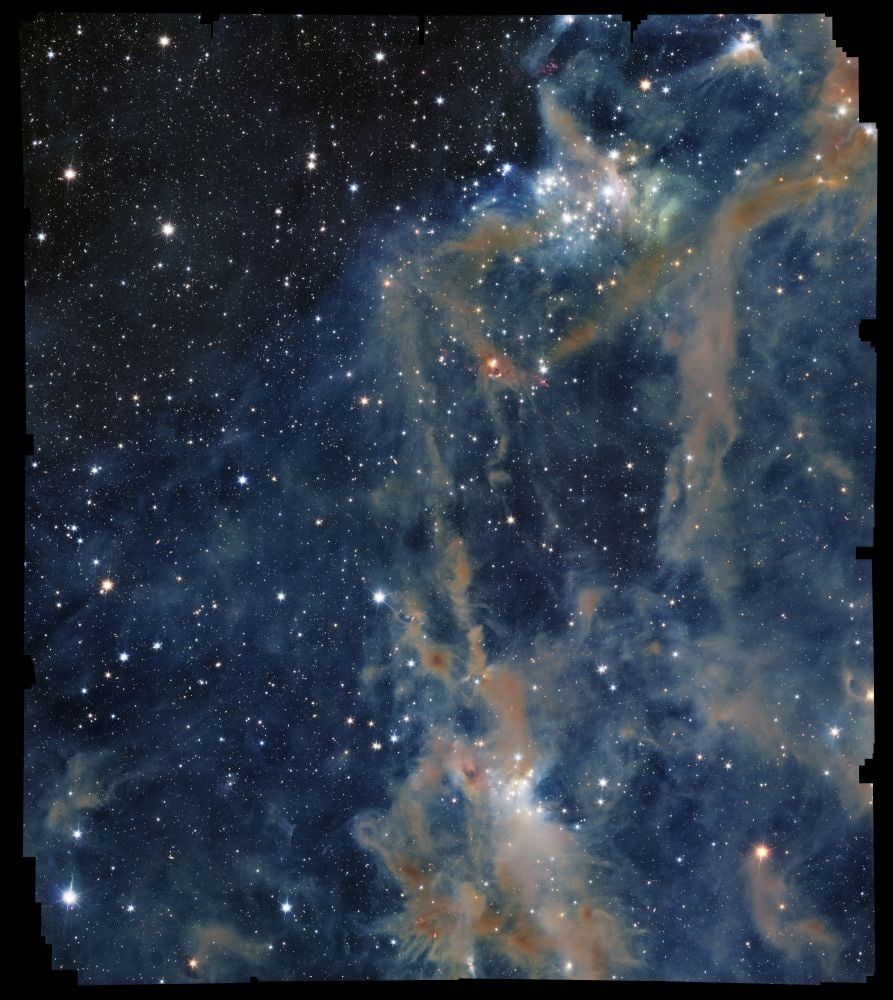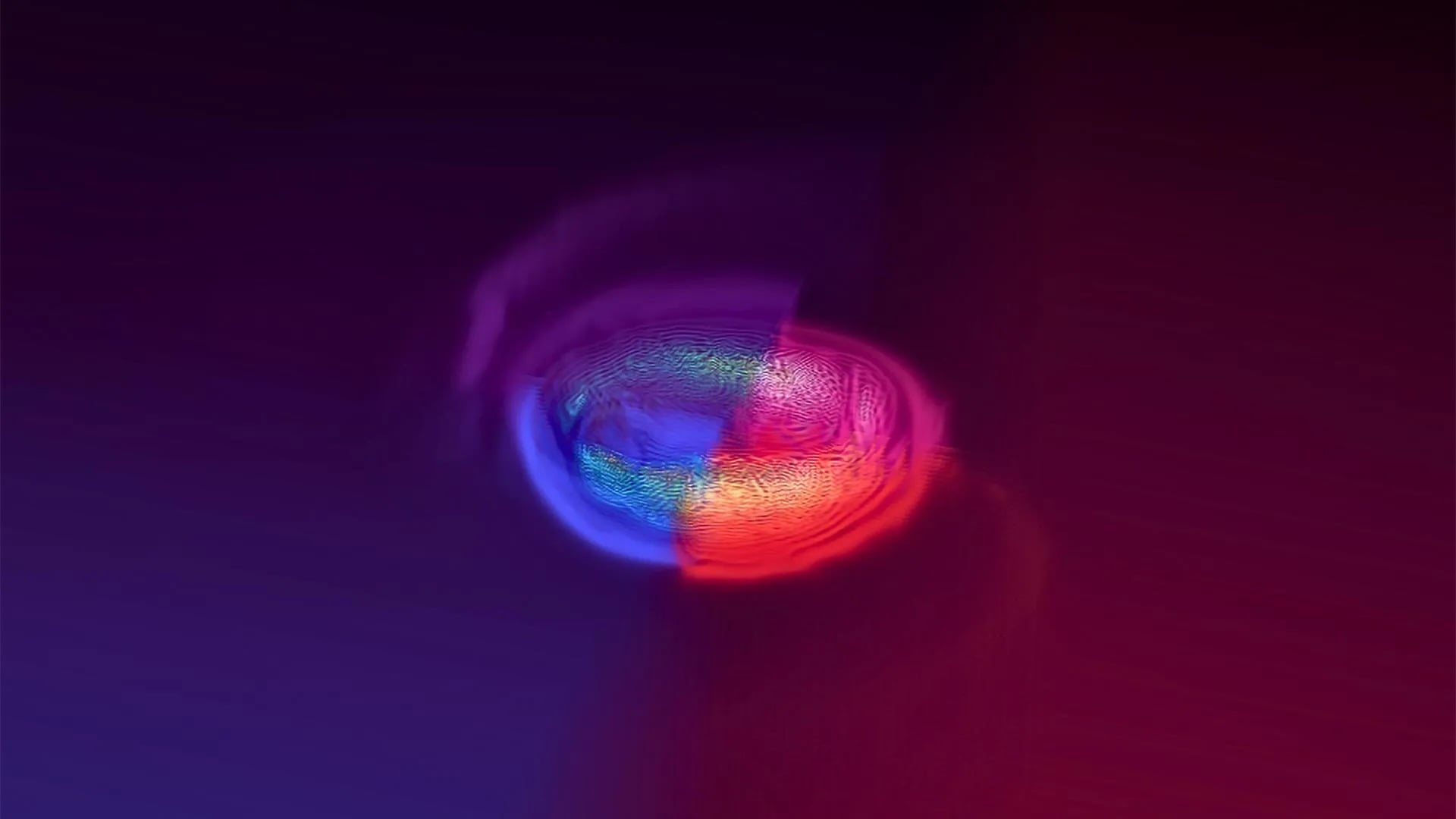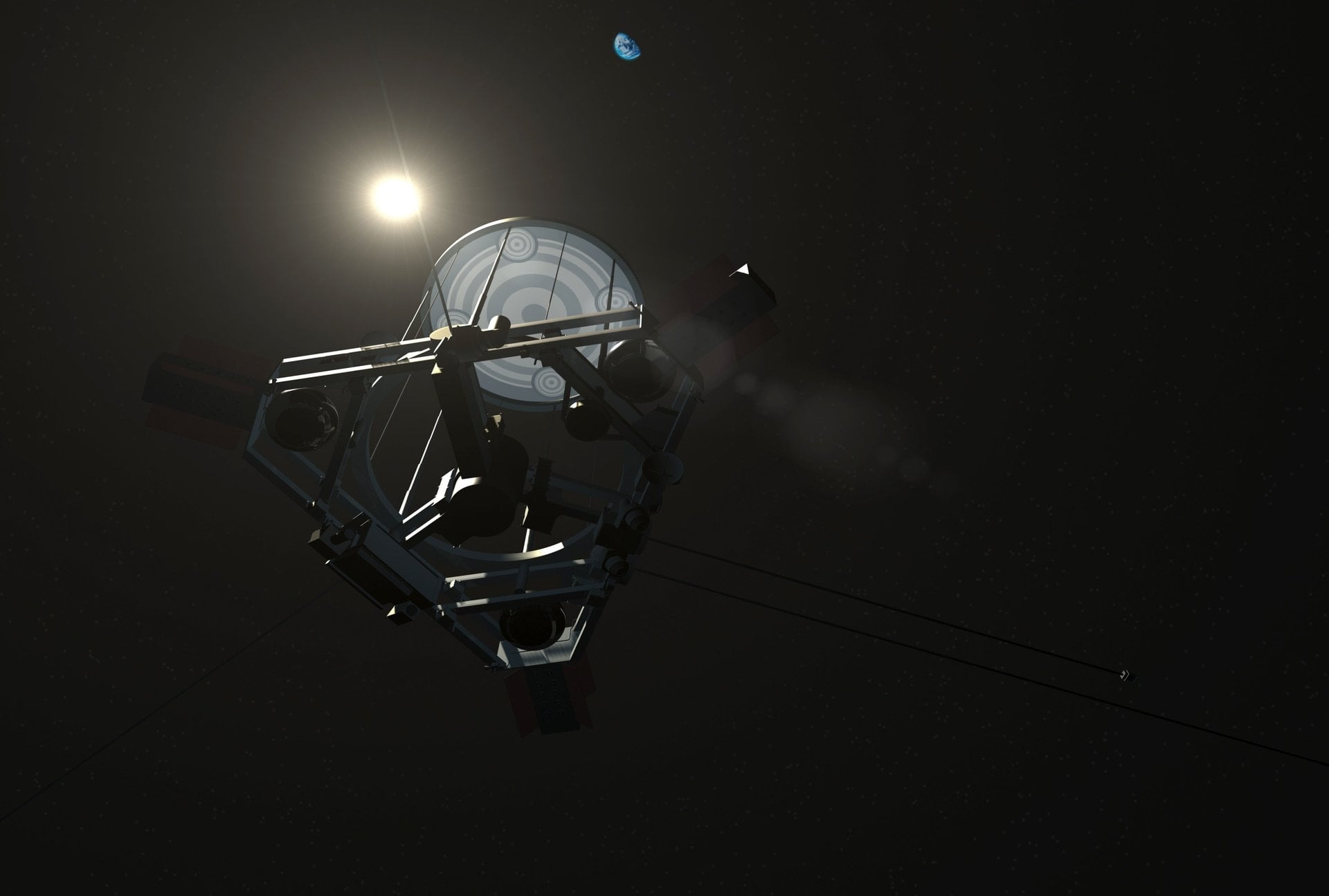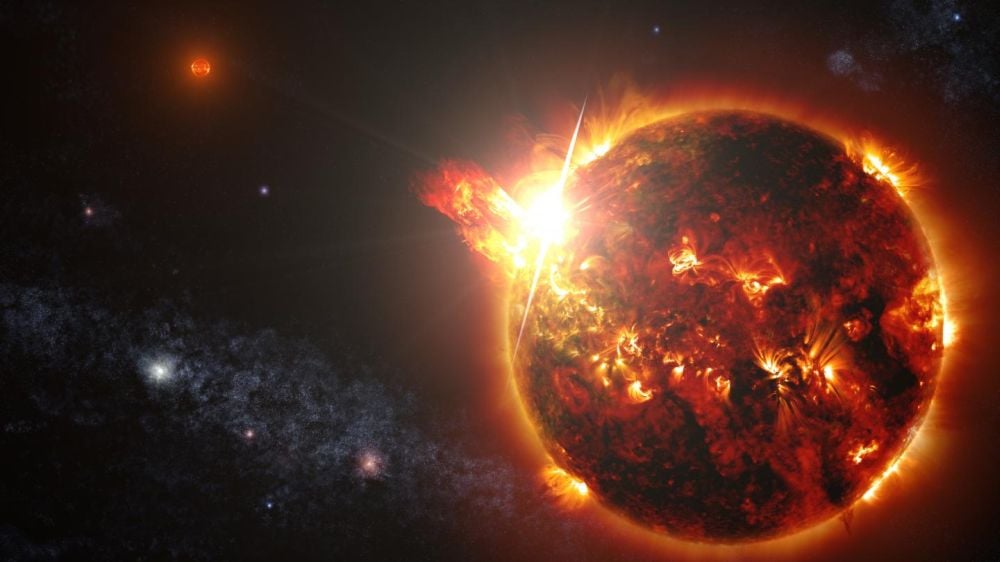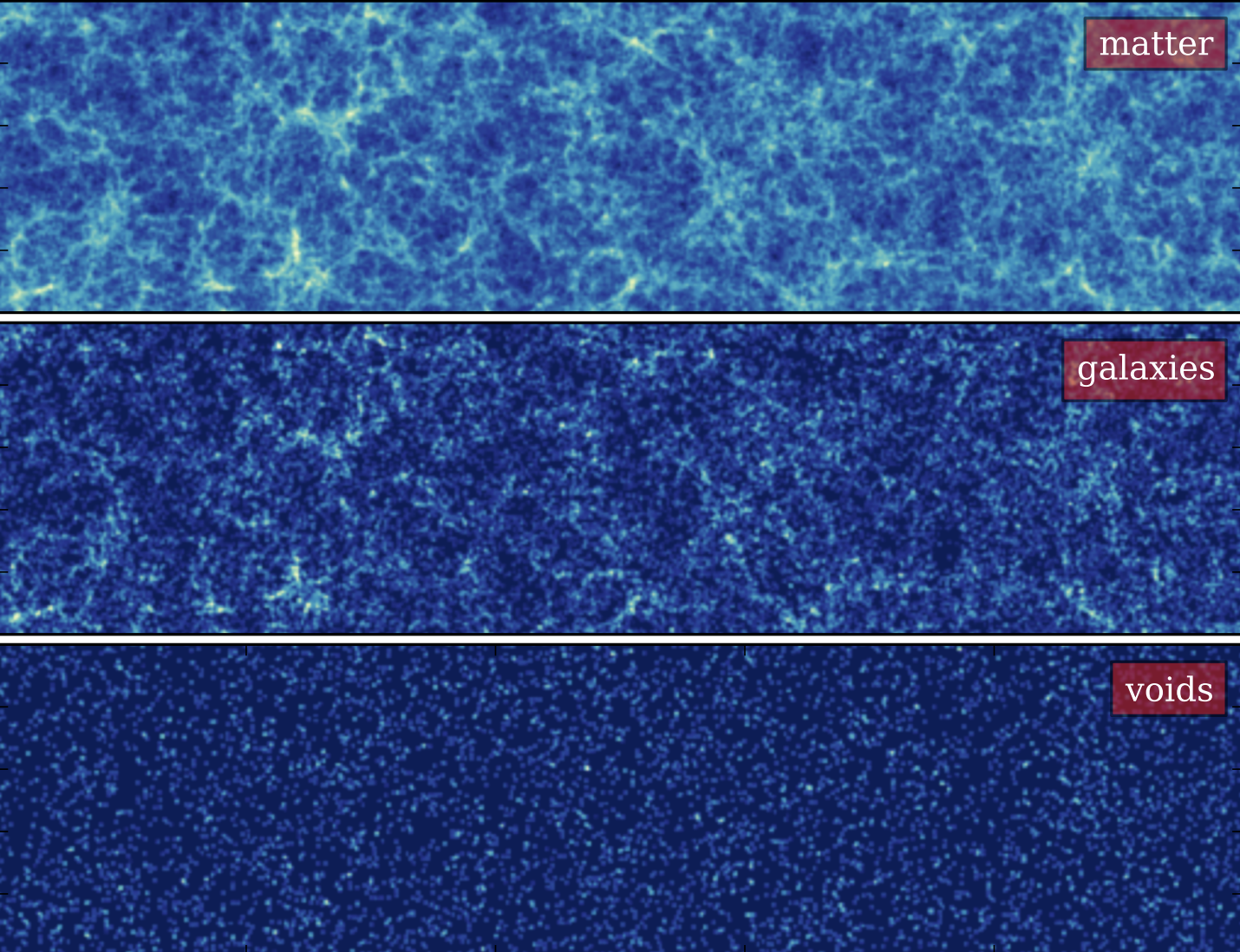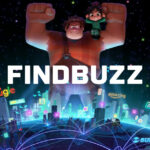- -
- ●
The "Anti-Weather" Of Venus
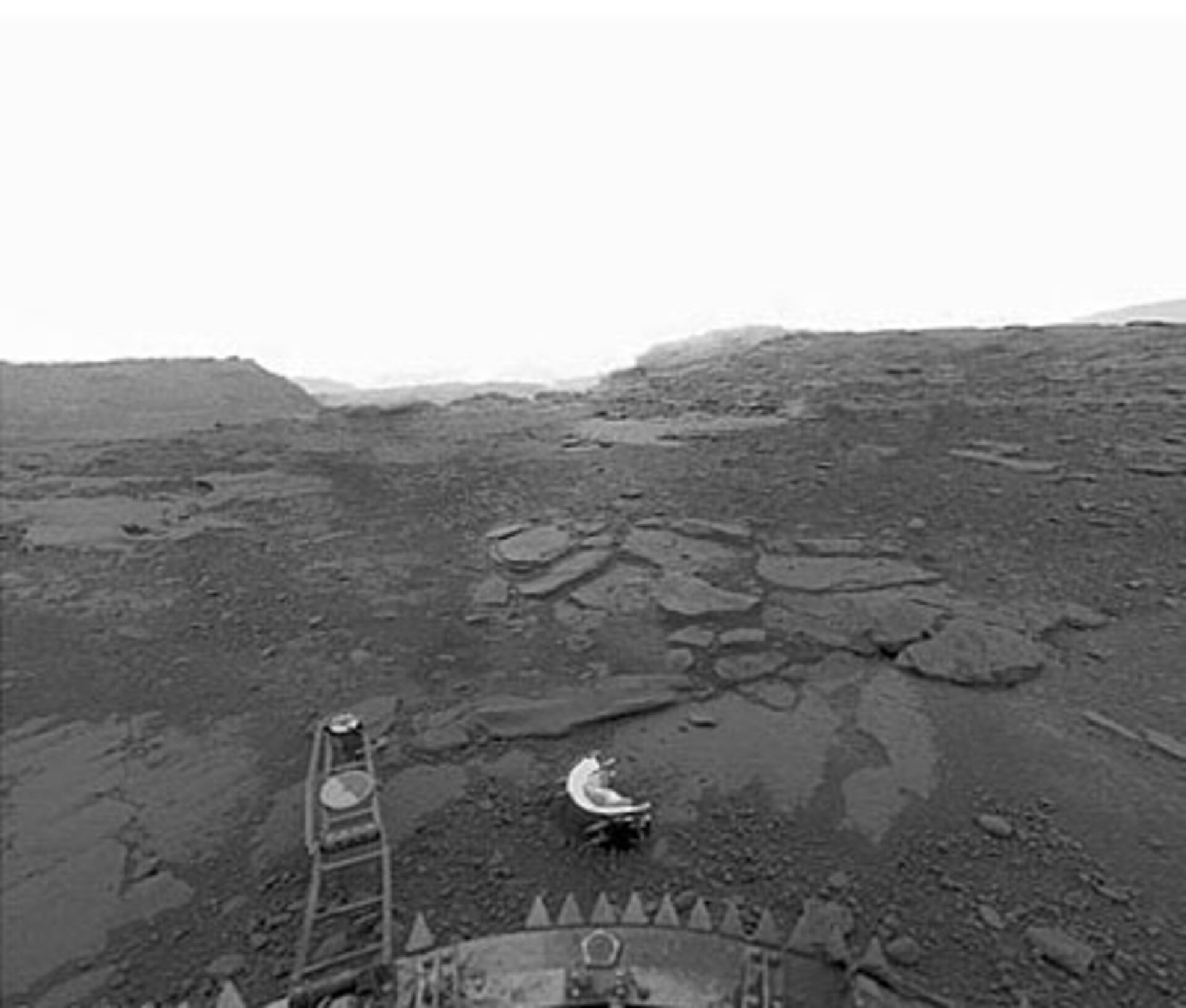 Conditions on Venus’ surface have largely remained a mystery for decades. Carl Sagan famously pointed out that people were quick to jump to conclusions, such as that there are dinosaurs living there, from scant little evidence collected from the planet. But just because we have little actual data doesn’t mean we can’t draw conclusions, and better yet models, from the data we do have. A new paper from Maxence Lefèvre of the Sorbonne and his colleagues takes what little data has been collected from Venus’ surface and uses it to valid a model of what the wind and dust conditions...Published: November 7, 2025 - 10:39 am
Conditions on Venus’ surface have largely remained a mystery for decades. Carl Sagan famously pointed out that people were quick to jump to conclusions, such as that there are dinosaurs living there, from scant little evidence collected from the planet. But just because we have little actual data doesn’t mean we can’t draw conclusions, and better yet models, from the data we do have. A new paper from Maxence Lefèvre of the Sorbonne and his colleagues takes what little data has been collected from Venus’ surface and uses it to valid a model of what the wind and dust conditions...Published: November 7, 2025 - 10:39 am - ●
Astronomers Observe a Black Hole in Another Galaxy Tearing a Star Apart
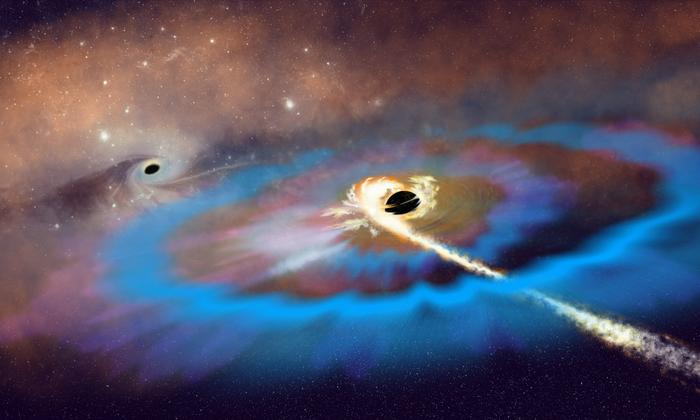 New study reveals, for the first time, a tidal disruption event (TDE), where a black hole tears apart a star, occurring outside the center of a galaxy that produced exceptionally strong and rapidly evolving radio signals. This rare discovery shows that supermassive black holes can exist and remain active far from galactic cores, challenging current understanding of where such black holes reside and how they behave. The event’s delayed and powerful radio outbursts also suggest previously unknown processes in how black holes eject material over time....Published: November 7, 2025 - 2:08 am
New study reveals, for the first time, a tidal disruption event (TDE), where a black hole tears apart a star, occurring outside the center of a galaxy that produced exceptionally strong and rapidly evolving radio signals. This rare discovery shows that supermassive black holes can exist and remain active far from galactic cores, challenging current understanding of where such black holes reside and how they behave. The event’s delayed and powerful radio outbursts also suggest previously unknown processes in how black holes eject material over time....Published: November 7, 2025 - 2:08 am It Looks Like All Mini-Neptunes Aren't Magma Oceans After All
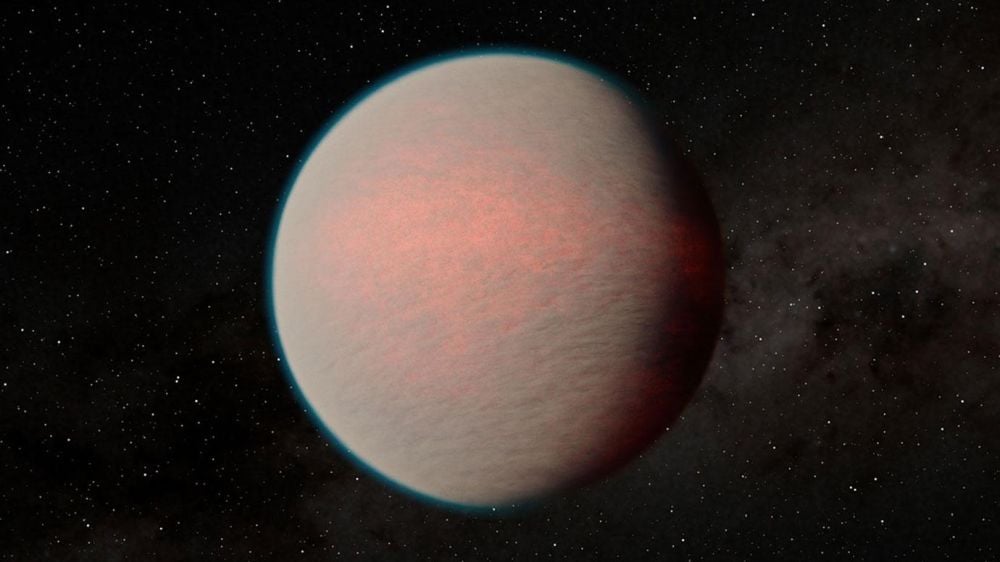 There are no mini-Neptunes in our Solar System, yet they seem to be one of the most common types of exoplanets out there. Previous research shows that these planets are magma oceans. But new research based on JWST data shows that many of them may actually have solid surfaces....Published: November 6, 2025 - 8:22 pm
There are no mini-Neptunes in our Solar System, yet they seem to be one of the most common types of exoplanets out there. Previous research shows that these planets are magma oceans. But new research based on JWST data shows that many of them may actually have solid surfaces....Published: November 6, 2025 - 8:22 pmThe VST Captures an Image of a Spooky Bat In Time for Halloween
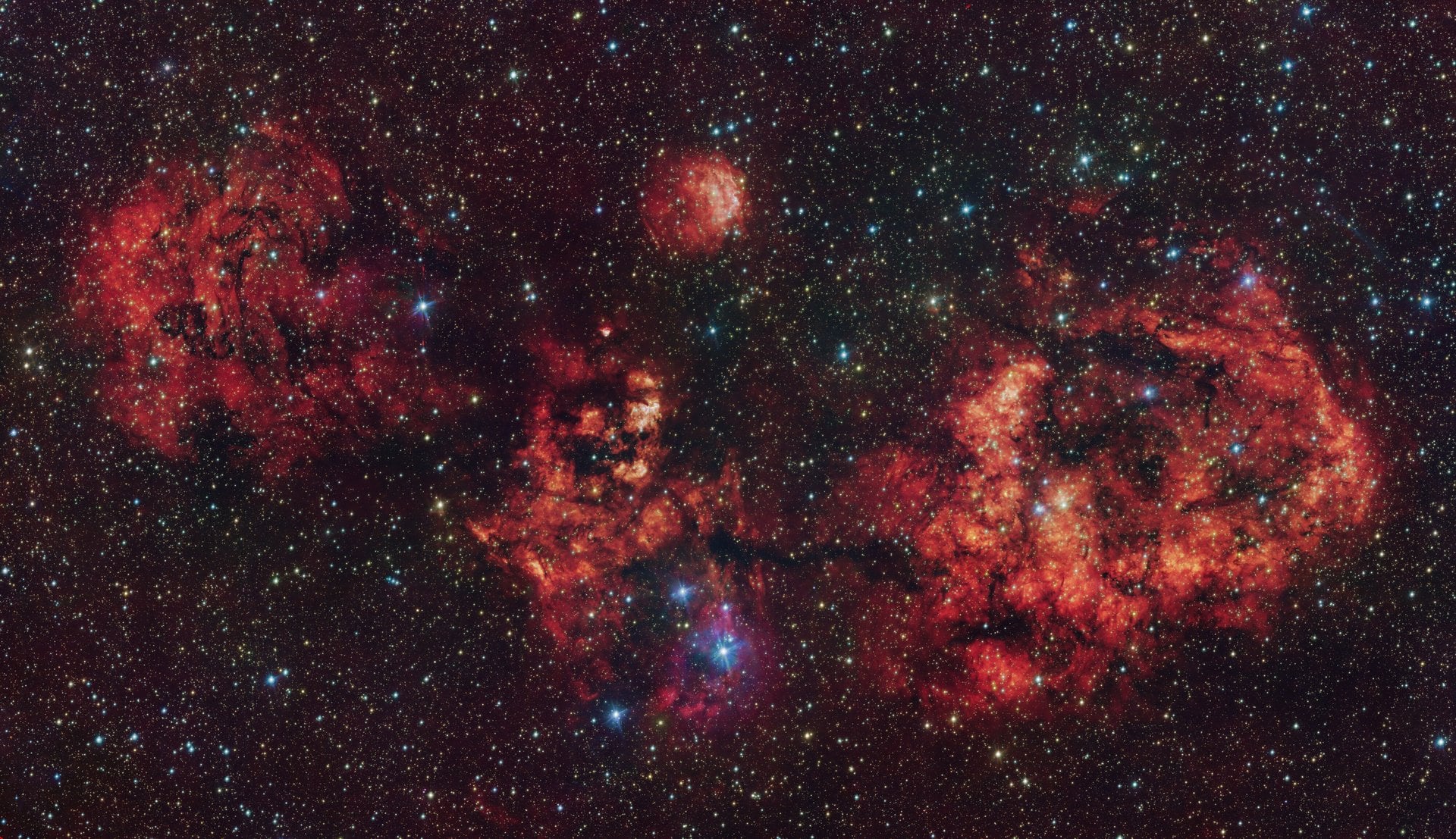 A spooky bat has been spotted flying over the European Southern Observatory’s (ESO’s) Paranal site in Chile, right in time for Halloween. Thanks to its wide field of view, the VLT Survey Telescope (VST) was able to capture this large cloud of cosmic gas and dust, whose mesmerising appearance resembles the silhouette of a bat....Published: November 5, 2025 - 9:04 pm
A spooky bat has been spotted flying over the European Southern Observatory’s (ESO’s) Paranal site in Chile, right in time for Halloween. Thanks to its wide field of view, the VLT Survey Telescope (VST) was able to capture this large cloud of cosmic gas and dust, whose mesmerising appearance resembles the silhouette of a bat....Published: November 5, 2025 - 9:04 pmThe JWST Puts Io's Volcanic Nature In The Spotlight
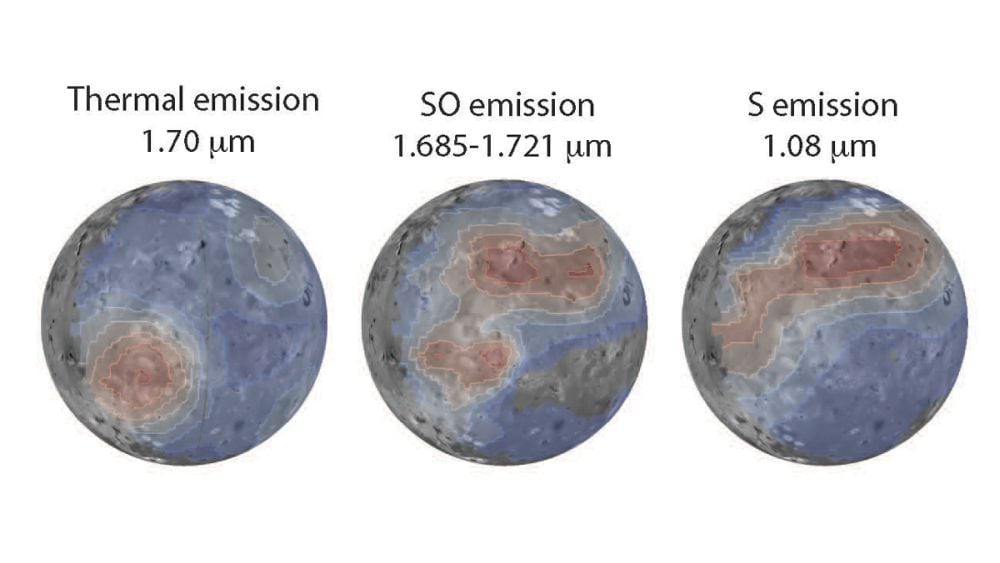 Trapped in a gravitational push and pull between Jupiter and other Jovian moons, Io is constantly being stretched and compressed. Heat generated by these contortions has melted pockets of the moon's interior so much that Io is our solar system's most volcanically active body. New research shows how its atmosphere is shaped both by volcanoes and by Jupiter's overpowering magnetosphere....Published: November 5, 2025 - 7:59 pm
Trapped in a gravitational push and pull between Jupiter and other Jovian moons, Io is constantly being stretched and compressed. Heat generated by these contortions has melted pockets of the moon's interior so much that Io is our solar system's most volcanically active body. New research shows how its atmosphere is shaped both by volcanoes and by Jupiter's overpowering magnetosphere....Published: November 5, 2025 - 7:59 pm
Universe Today - Space & Astronomy News
Powered by: FindBuzz.org



